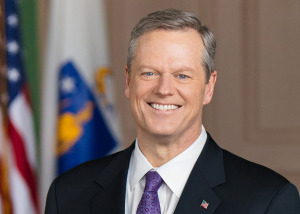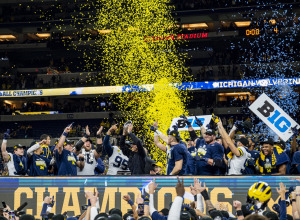
After loss in court, NCAA pausing investigations into third-party NIL deals
The move comes a week after a federal judge granted a preliminary injunction in an antitrust suit that challenges NCAA rules against recruiting inducements, saying they inhibit athletes’ ability to cash in on their celebrity and fame.










